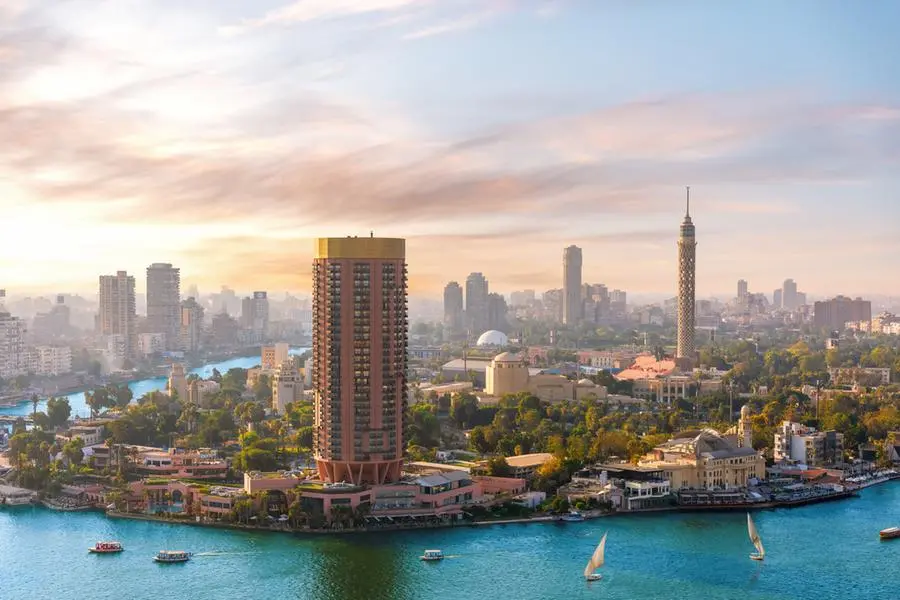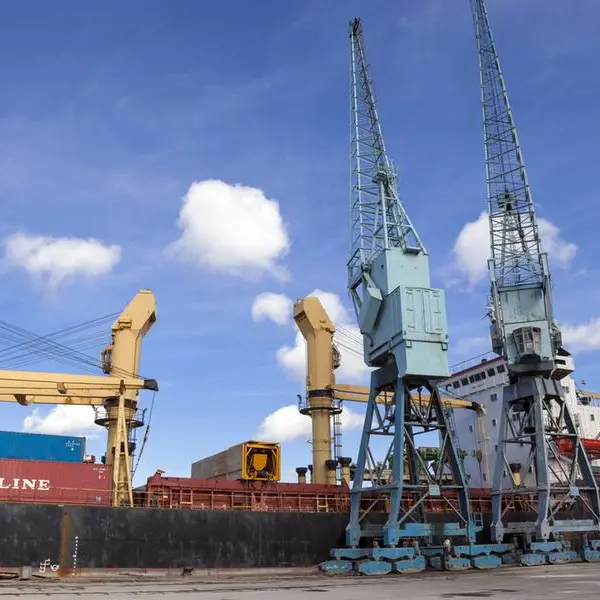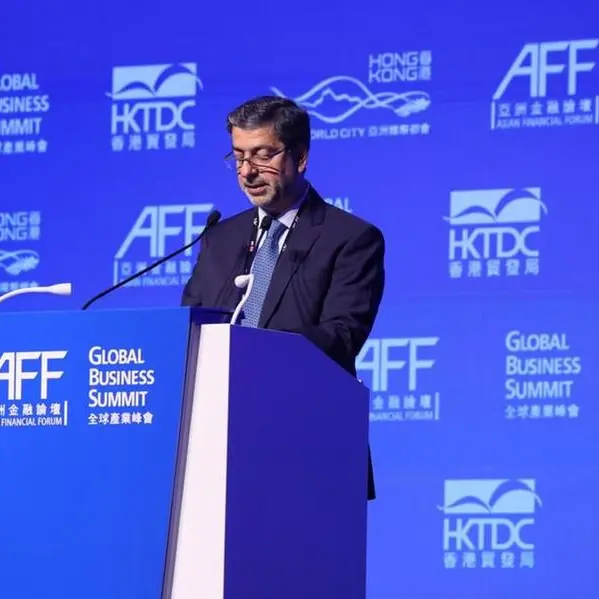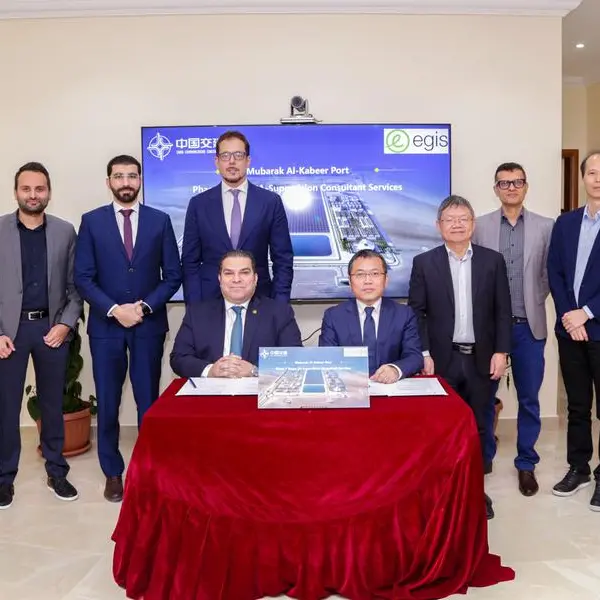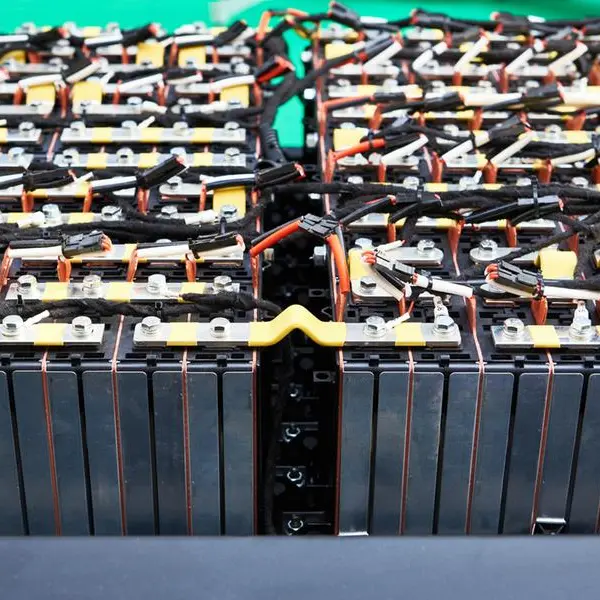PHOTO
Hossam Heiba, CEO of the General Authority for Investment and Free Zones (GAFI), confirmed that more than 2,000 Chinese companies operating in Egypt have successfully contributed to both countries’ interests. These companies have transferred advanced technology to the Egyptian market, created thousands of job opportunities, and increased the country’s foreign currency reserves. At the same time, they have achieved significant investment returns and expanded their presence in the Egyptian market and neighbouring markets, which are connected to Egypt through trade agreements. This is why the Egyptian government continuously supported Chinese companies’ expansions.
Heiba’s remarks came during his reception of two Chinese delegations, which included representatives from both the public and private sectors. The discussions focused on injecting new investments into the Egyptian market and turning joint investment plans into real projects, benefiting from the shared economic priorities between the two nations.
Over two days, the General Authority for Investment hosted a delegation from the Central Committee for Financial and Economic Affairs of China, led by Yang Yinkai, Deputy Director of the Committee, along with Zhang Tao, China’s acting ambassador to Cairo. Another delegation, led by Cao Jiacheng, Chairperson of the China Chamber of Commerce for Import and Export of Textiles, included Chinese investors in the textile sector. The Central Committee for Financial and Economic Affairs, chaired by Chinese President Xi Jinping, oversees the country’s economic performance.
Both Chinese delegations emphasized the directives of the Chinese leadership to transform the political closeness and economic understanding between Egypt and China into real investment projects, particularly following President Abdel Fattah El-Sisi’s visit to China in May and Prime Minister Mostafa Madbouly’s participation in the 10th Forum on China-Africa Cooperation (FOCAC), held in Beijing last week.
The CEO of the General Authority for Investment announced that requests from Chinese companies to allocate new investment lands in various sectors, particularly in the New Alamein and New Minya cities in 2024, had been approved. The focus is to attract Chinese investments in priority sectors such as tourism, textiles, home appliances, renewable energy, and the automotive industry, especially electric vehicles.
Heiba noted that the authority now allows the establishment of companies in the Chinese Yuan to facilitate investment processes for Chinese investors. The Egyptian government also aims to expand coordination with the Chinese government to maximize the benefits of the “Belt and Road Initiative.” He emphasized that the government is committed to improving the trade balance by adopting the motto “Investment for Export,” which can be achieved through the inflow of new Chinese investments. Additionally, Chinese tourism plays a positive role in supporting the balance of payments.
Yang Yinkai, Deputy Director of the Central Committee for Financial and Economic Affairs, stressed that President Xi Jinping is highly interested in expanding the investment partnership with Egypt under President Abdel Fattah El-Sisi’s leadership. China sees Egypt as a regional hub for manufacturing and trade, particularly given the success of Chinese companies operating in Egypt and the strong alignment of priorities between the two governments.
Yinkai explained that the Chinese government is keen to directly link free zones in both countries to create high-efficiency value chains, accelerate the exchange of goods and services, and access new markets.
He also highlighted the Chinese people’s fascination with Egyptian tourism, noting that Egyptian civilization is taught in Chinese schools. This educational foundation supports efforts to attract Chinese tourists and investments in Egypt’s tourism sector.
Cao Jiacheng, Chairperson of the China Chamber of Commerce for Import and Export of Textiles, added that the coming period will witness an influx of Chinese investors. This is due to their growing confidence in the attractiveness of the Egyptian market, the ease of procedures, and the efficiency of the Egyptian workforce. Additionally, the country’s infrastructure has significantly improved over the past decade, with the construction of new roads and cities.
Jiacheng confirmed that China has shifted its priorities from relocating industries to nearby countries like Vietnam and Burma to moving them to economies closer to major markets, such as Egypt.
© 2024 Daily News Egypt. Provided by SyndiGate Media Inc. (Syndigate.info).
